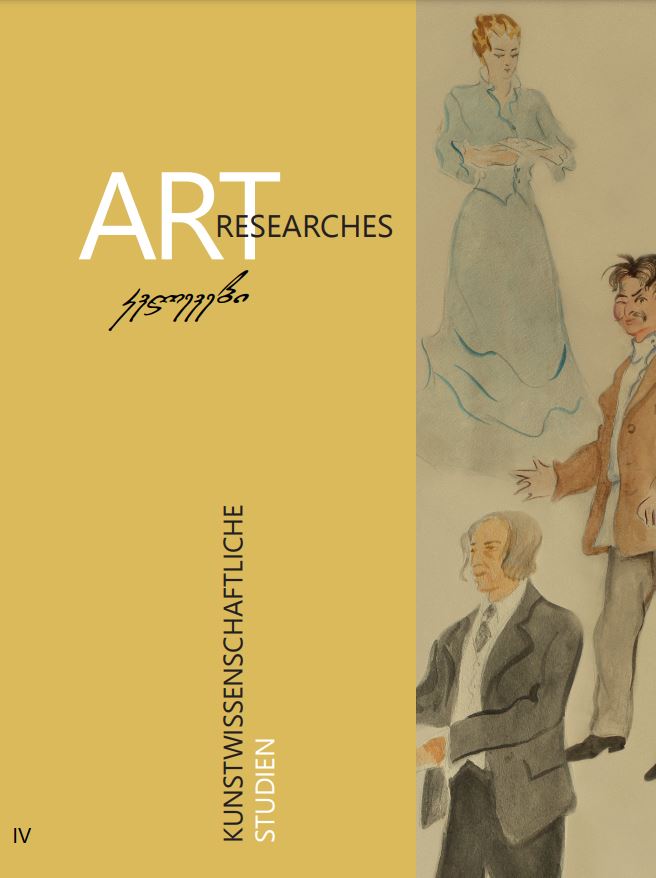სუბიექტის აღსასრული
Main Article Content
ანოტაცია
This article deals with the key concept of the fundamental post-structuralistpostmodernist principle – the “death of the subject”. This term casts doubt on the traditional notion of the subject as a distinct individual, and all this is examined from the perspective of cinematic aesthetics. The paper explains the genesis and artistic expression of the term, as well as its relation to other postmodernist principles – nomen nudum, end of the subject, return of the subject. The diverse and different conception of these terms in works by foreign and Georgian postmodernist theorists and film scholars is also explored.
In the article, the peculiarities of the emergence of the concepts of “nomen nudum” (bare, naked name) and “death of the subject” (end of the subject) are examined on the example of the film of the postmodernist period – in Orson Welles’ “Citizen Kane”; an episode from Federico Fellini’s “The Sweet Life” (“La dolce vita”) as an allusion to Fr. Nietzsche’s “God is dead”; thinking through the discourse of “death of the author” in Bernardo Bertolucci’s “The Dreamers”; discourse of time and change of style in Federico Fellini’s „8½“ and Quentin Tarantino’s “Pulp Fiction”; the search for freedom and a new subject in Georgian film – the symbolism of “flying” in Temur Babluani’s “The Flight of Sparrows” and in Nana Mchedlidze’s “The First Swallow”; likewise on the example of the “flying object” in Eldar Shengelaia’s “The Eccentrics” – differences and similarities, parallel and opposites; discourse in Rezo Gabriadze’s and Eldar Shegelaia’s film “The Eccentrics”; Jim Jarmusch’s “The Limits of Control” as a philosophical contemplation of the modern world – globalisation, multiculture, the nature of the dilemma of reality, about the place of art and about artistic expression. An acting person represented by different cultures and characteristics – alien “passer-by” coming from another unknown reality, abstract subject; Marc Forster’s “Stranger than Fiction” as a postmodern irony of the principles of the concepts of “death of the subject” and the “return of the subject”; Olivier Assayas’s “Personal Shopper” as the actual “death of the subject” – the suppression of individuality in modern man by man, existing through the personal individuality and subjectivity of the Other; the metaphor of “death of the subject” in Carlos Reygadas’s “Post Tenebras Lux 2012”; Bernardo Bertolucci’s “The Last Emperor” as “death of the subject”; Christopher Nolan’s “Memento” as a classic deconstruction/destruction of the rationalist subject.
This article “The Death of the Subject” or “The End of the Subject” does not claim to exhaustively examine the cinematic examples of the aforementioned concept.
The article is merely an attempt at a general perception of modern film aesthetics and its free interpretation – according to all the possibilities that the resource of film art offers us. This paper is intended for the student auditorium of the Faculty of Film Studies, an attempt to acquaint the students with it, so that they begin to deal with concrete aesthetic problems, to discuss them. This work is a thematic part of the textbook or a monograph. This means that both the generally known theoretical approaches and the author’s own views and opinions, his subjective context, are presented here, and the readers are invited to express their own critical opinions.
